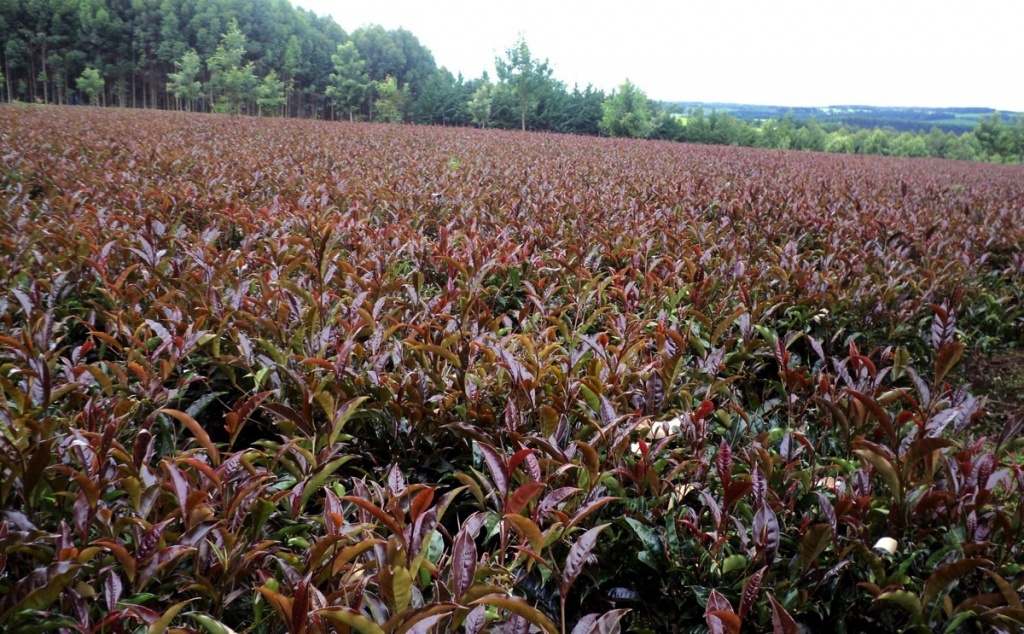Taita Towett is a farmer with a difference, he is not one of the typical young farmers who are tech savvy but this has not stopped him from using modern technology to change farming in his area. Towett, a middle aged man is one of the farmers who have signed up on We-farm, a free mobile and online service that enables farmers to connect with one another around the world to solve problems, share ideas and spread innovation even without access to internet.
Related article: Wefarm connects over 300,000 farmers in Kenya and Uganda
For a long period of time farmers have been wasting a lot of time going out of their farms to look for information from extension officers instead of putting all their efforts on their farm. With WeFarm, a farmer doesn’t need to leave his/her farm because the service is available on a mobile phone.
“I heard about WeFarm on Kass Fm radio 2 years ago and I decided to join it, the service is free and has helped me communicate with fellow farmers who have expertise and experience on farming issues” said Towett. He says the service has enabled him get information from as far as Uganda and even Peru.
In Konoin, Bomet County, Towett’s farm is covered with lush, green vegetation, with the rolling hills providing a spectacular background.
Related article: Kenyan Farmers to get connected to the World’s Largest Peer-to-Peer Farmer Knowledge Sharing Network
His tea was not doing well due to lack of extension officers in his location but after joining WeFarm, the situation has changed significantly. With the service, he is able to access extension services faster and as such he has doubled production of tea in his farm from about 650 kg to 1400 kg per harvest. From other experienced tea farmers, Towett realized that he was not applying less fertilizer on his tea hence the low output.

Purple tea
“When I sent a question via WeFarm on how to apply fertilizer appropriately to my tea, I got an answer saying NPK fertilizer 25:5:5 should be used. For his mature tea, he was advised to apply one 50 kg bag of NPK fertilizer to 600 tea plants under the tea bushes at a time when there is less rainfall.
After sending questions via the short message service to the local Wefarm number 2230, he promptly receives answers from other farmers in four minutes time on average. The farmer notes that the advantage with the service is that it can be used on any basic mobile phone as long as it has power.
Related article: Mfarm empowers smallholder farmers with easy market access
As a result of the knowledge he has gained through the service, Towett is planning to diversify into other types of farming to make more profit as depending on tea alone can be difficult especially when the returns are low. He has also been able to prevent soil erosion on his farm by building terraces on his hilly farm. On top of the terraces he has planted napier grass which he feeds on his animals.
WeFarm was born out of the realization that small scale farmers are highly vulnerable to the effects of climate change and they face many challenges including lack of access to traditional markets, agricultural inputs and finance.
According to Njoki Thuo, an agricultural consultant at WeFarm, the service gives information to farmers based on their questions. “It is a farmer who is going to prompt WeFarm so that he or she can receive a relevant answer”. The answers are first verified by ab administrator before being sent to farmers meaning wrong answers cannot be sent.
Once in a while, Towett educates farmers in his area on the importance of the service and why they should adopt it.
As at November 1st 2017, more than 441,000 farmers have registered with WeFarm with more than 561,700 questions asked and 836,000 answers given. More than 48.7 million messages have been shared between farmers.
Information can help lift farmers and their families out of poverty. With WeFarm small-scale farmers can learn how to improve crop yield or how to start a micro-business, enabling them to increase household income.
















Comments powered by CComment